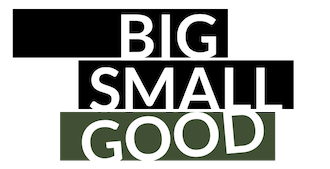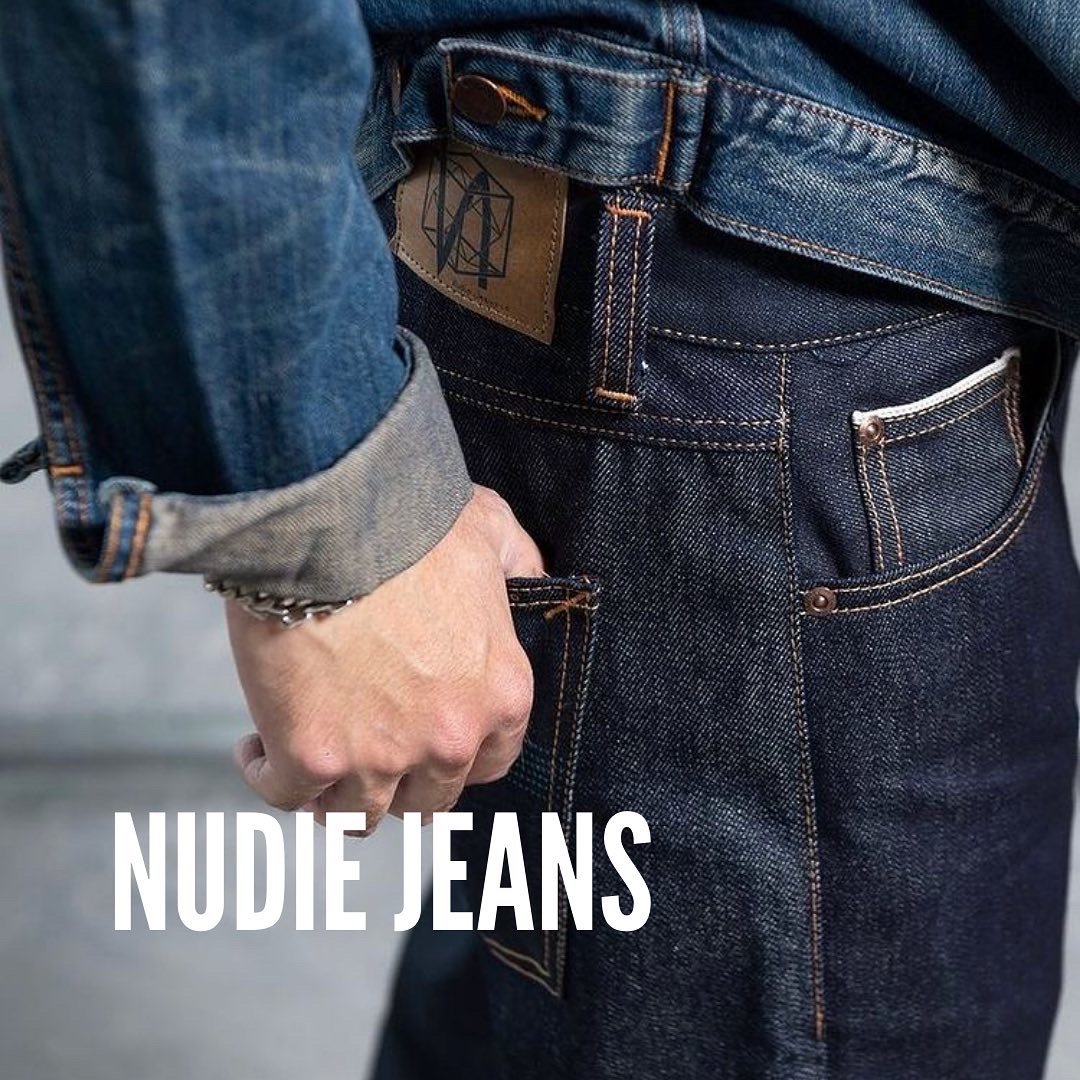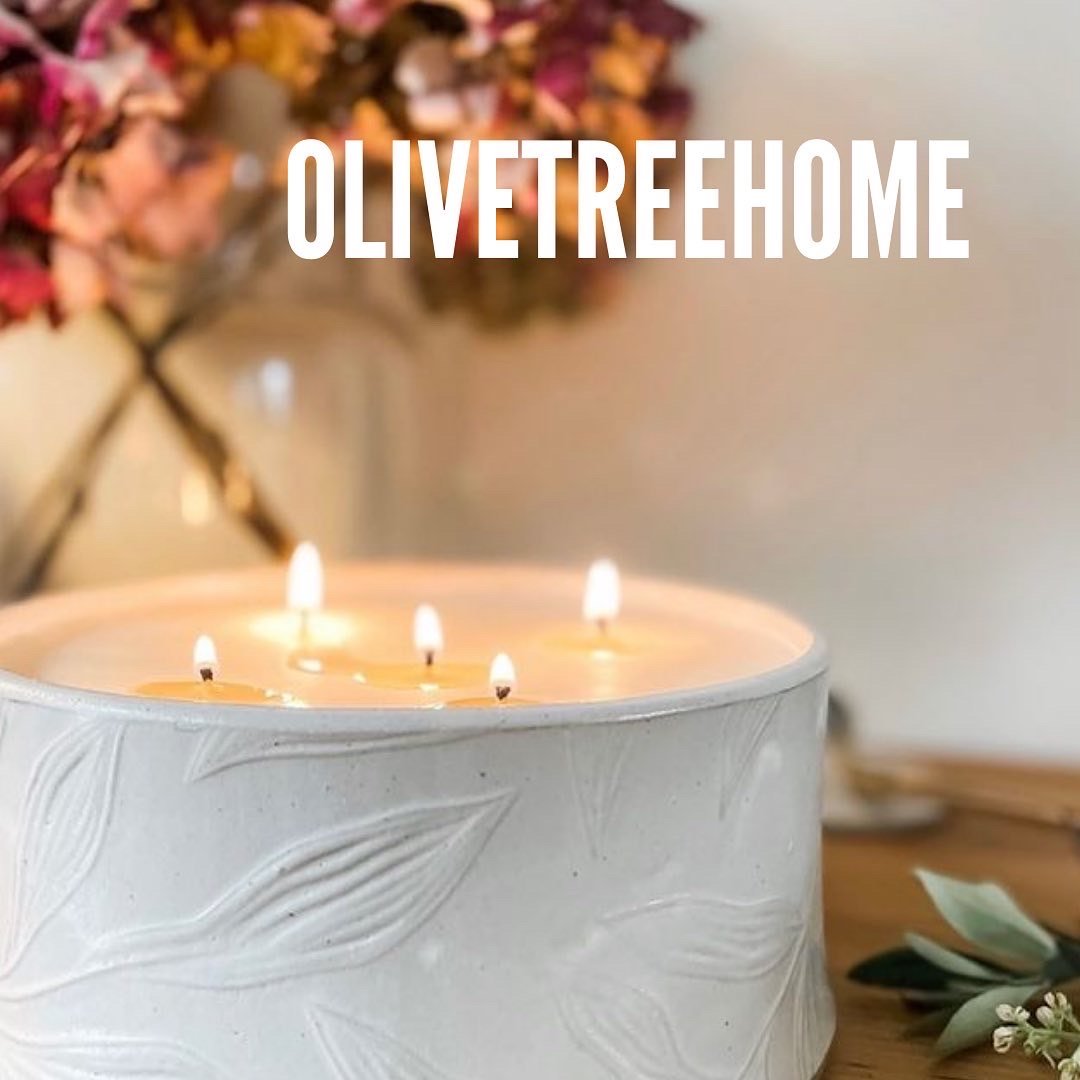My B Corp friends at x+why, a flexible workspace provider who’s on a mission to change the way the world works for good, kindly shared their experience of providing Sustainable Events.
At x+why we understand the importance of going beyond the bottom line, in order to focus on all of people, planet and profit. As events moved online during the lockdown period, there was no doubt that this had a positive impact on commuting and the environment, but came at the cost of connection. As many now look forwards towards the new normal, we explore how to transition back into places and faces more sustainably, with our tips for running cleaner and greener events.
Venue Vernaculars
When considering where to host your event, plan ahead to help attendees limit their carbon footprint by opting for venues more locally, or with easily accessible public transport links. As the world opens back up, supporting smaller and more local businesses could make a real positive impact.
Encourage carpooling including offers on ride-share programmes such as UberPool and LyftShared. Spaces such as x+Why have some great offers available to members on our exclusive portal - with discounts and greener gifting partnerships available all year round.
When it comes to building credentials, choose venues that have gone the extra mile to ensure that sustainability is built into the brickwork. For example all x+why buildings are BREEM certified - the gold standard when it comes to green architecture. They come with biophilic design, locally and environmentally sourced furniture, full fresh air handling systems and are fitted with sustainable materials including cork floors and Baux acoustic panels.
As well as benefiting the planet, this also serves to enhance both peace of mind and wellbeing. Floor to ceiling glazing ensures plenty of natural light, and secure cycle storage and showers for cyclists means that attendees are encourage to combine their commute with their workout. With a range of options to suit start-ups of any size, no event is too big or small to make an impact!
Sustainable Supplies
One of the most noticeable negative impacts of large events is the amount of waste that is produced - from festivals to conferences, the visible residue of congregating a huge number of people can make even the greenest event counterproductive.
To manage the fallout, have plenty of access to recycling facilities and waste disposal on hand. And as prevention is better than cure, focus on the first two principles of reduce, reuse, recycle and ensure that catering equipment is resourceful and locally sourced.
It could also help to opt for plant-based options, and ensure plastic materials and other ingredients such as palm oils are avoided or reduced. Where possible, consider going paperless or package-free, and aim for a circular supply chain that positively feeds back into itself, by creating more than it consumes.
Going plastic-free means using non-disposable plates and cutlery, encouraging guests to bring their own reusable water bottles or perhaps supplying some through an event partner, going straw-less and opting for glass or steel, and avoiding disposable decorations such as helium balloons.
Conferences, workshops and meetings can create a lot of paper waste, and unfortunately, not all of it gets recycled properly. Eliminate paper handouts or sign-in sheets and opt for digital alternatives, which are also faster and more efficient. Make the most of custom mobile apps, online ticketing and digital marketing - staying ahead of the latest tech and using channels such as these benefits both guests and hosts alike. It can make future marketing much more insightful and streamlined, and allows attendees to be more interactive with whats on offer.
Meaningful Marketing
Events are more meaningful when they have a message that carries beyond the boardroom, and bringing people together to connect is a great way to infuse a movement with the energy required to do so. Running events that are current, impactful and which challenge the status quo is a great reason for cohesion. For example x+why recently ran the COP26 event as the climate summit began. Leveraging the local community, our very own members were on the front line of presenting an interactive and impactful evening of debate, discussion, and objective-setting for instigating actionable change.
While it’s great to have memorabilia and things to take away, perhaps leave these to passion and ideas, instead of throwaway trinkets or merchandise goodie bags. Or opt for local gifts and signature pieces that positively support the creative community. While sustainable events do require more planning and consideration than a standard event, the benefits of doing so are myriad.
Beside the obvious benefits to the planet as a whole, sustainable events show clients or guests that your business or organisation is not just aware of these serious issues, but is enthusiastic about sustainable event management and actually making change. Furthermore, guests at a sustainable event often feel good about attending an event that openly aligns with their own values, adding to their overall experience.








